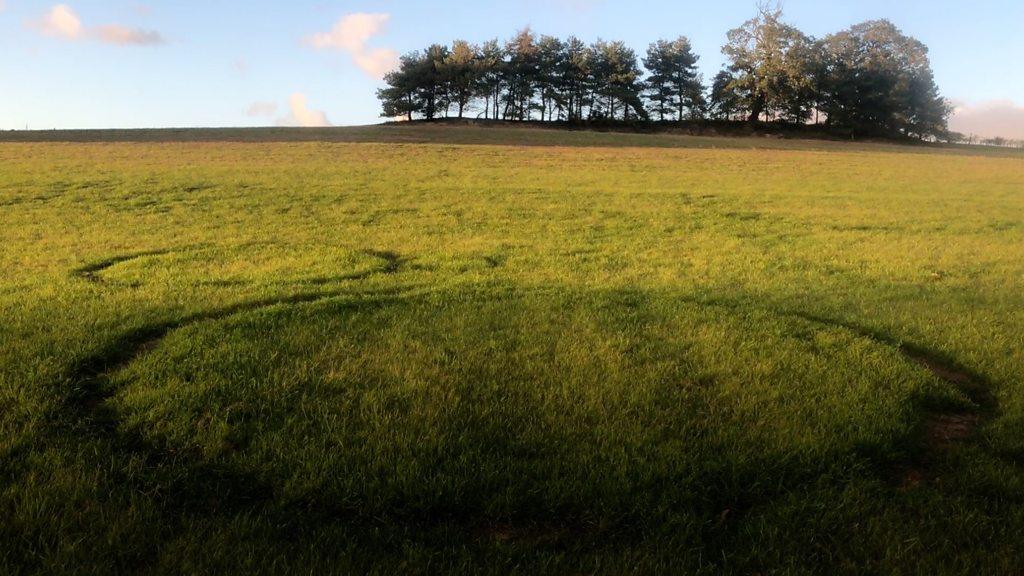Norfolk farmer warns lack of rain is killing crops
- Published
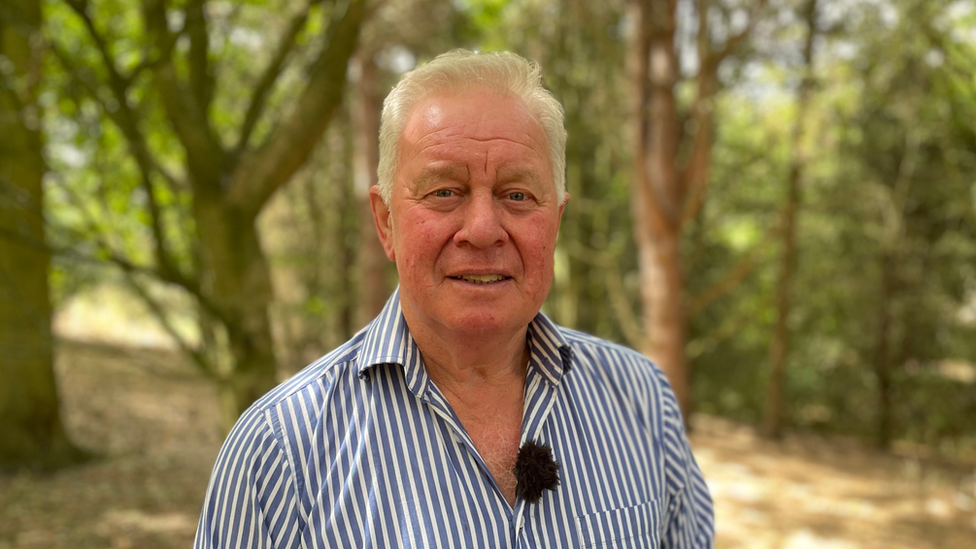
Farmer Chris Skinner from Norfolk
A farmer is warning the current lack of rainfall means crops "are just dying on their feet".
Chris Skinner, from High Ash Farm in Caistor St Edmunds, in south Norfolk, has seen crops dry up, and up to 1,000 mature trees die on his land.
"I've not seen conditions like this, not even in 1976. It's just prolonged relentless drought. We need water, that's how we farm," he said.
July saw temperature records broken and rainfall is down 76%, external.
Further periods of hot dry weather are forecast by the Met Office.
Autumn officially starts in September but the signs of autumnal leaf-fall are already being seen at Mr Skinner's farm.
"There are thousands of trees here - they just cannot cope with these conditions," he said.
"Large trees need hundreds of litres of water each day and it's just not there for them anymore."
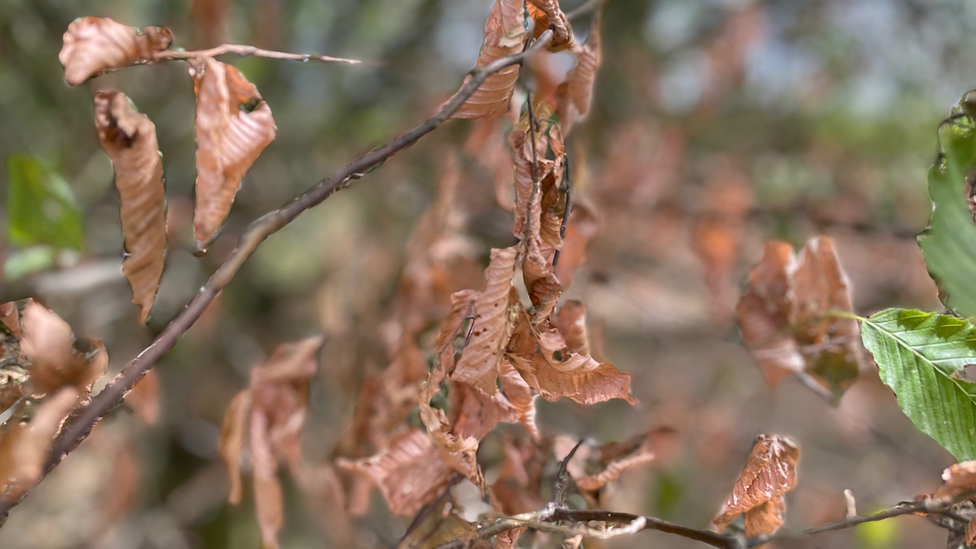
The leaves of tree at the Norfolk farm are already falling
He added: "All the root crops here, and at the neighbouring farms, are just dying on their feet.
"Maize is quite drought resistant - but not for this."
Hawthorn berries and blackberries are also drying up, he said.
Meanwhile, the number of young swallows in his stable block has doubled to more than 100 this year, but some have already started to migrate, a month earlier than they usually would.
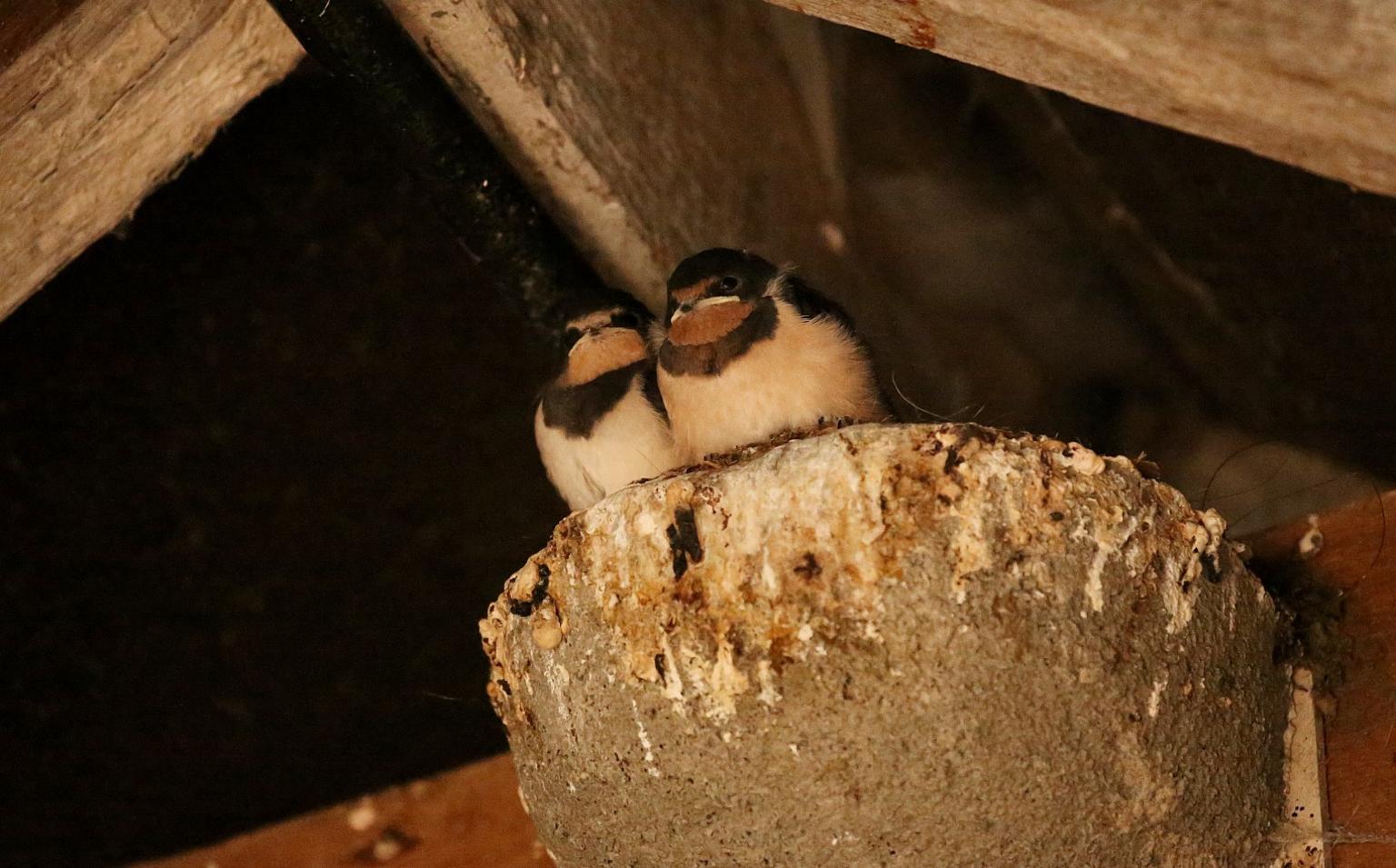
Swallows are migrating earlier than they usually would, the farmer said
"I've been here a long time - all my life - 72 years [and] I've not seen conditions like this, not even in 1976," Mr Skinner said.
"It's just prolonged, relentless drought.
"We need water, that's how we farm, that's how we make our living, that's how the countryside looks like it does.
"And it's changing."
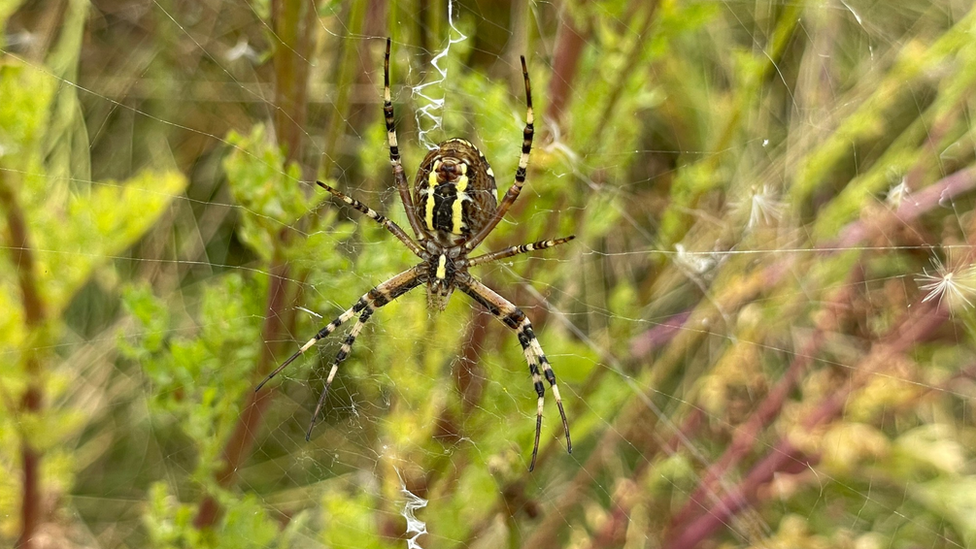
A wasp spider in the grounds of the British Trust for Ornithology in Thetford is one of the species "really expanding northwards in response to climate change", a spokesman said
According to Met Office data, every month this year has seen below average rainfall and July was the driest July on record, with only 10% of the average rainfall expected.
It has been the fourth driest January to July period since records began in 1836.

Find BBC News: East of England on Facebook, external, Instagram, external and Twitter, external. If you have a story suggestion email eastofenglandnews@bbc.co.uk, external
- Published30 August 2022
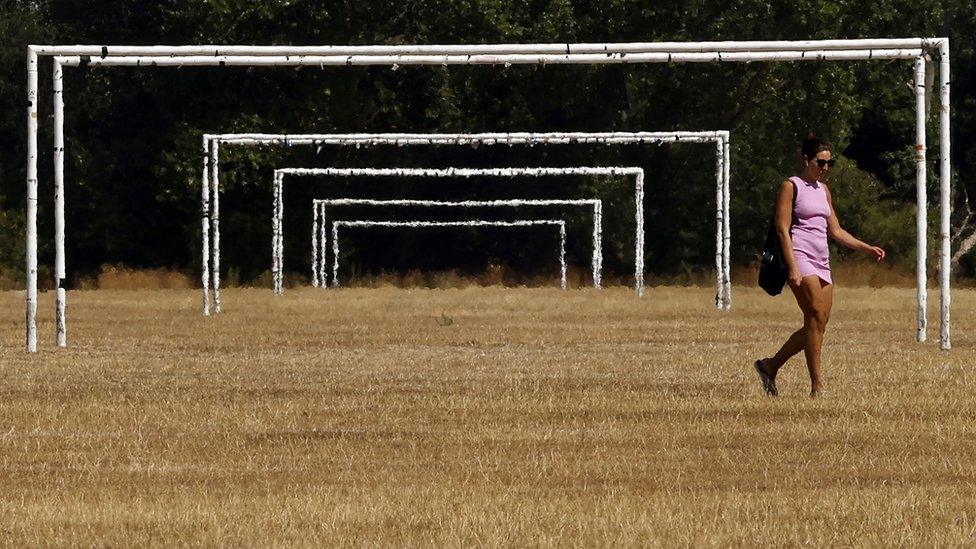
- Published1 August 2022
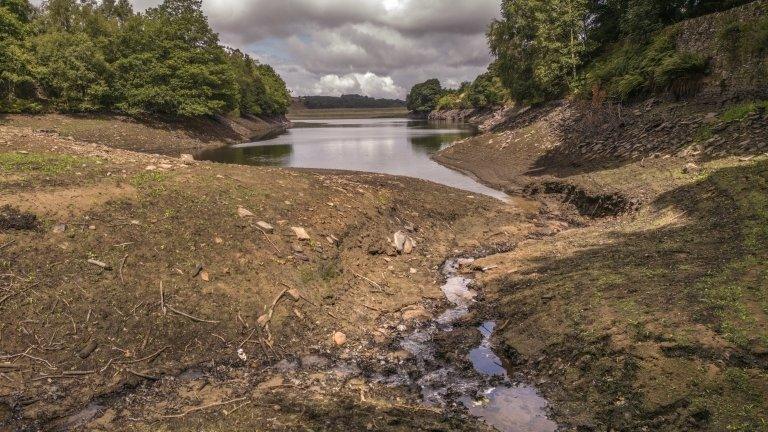
- Published13 September 2020
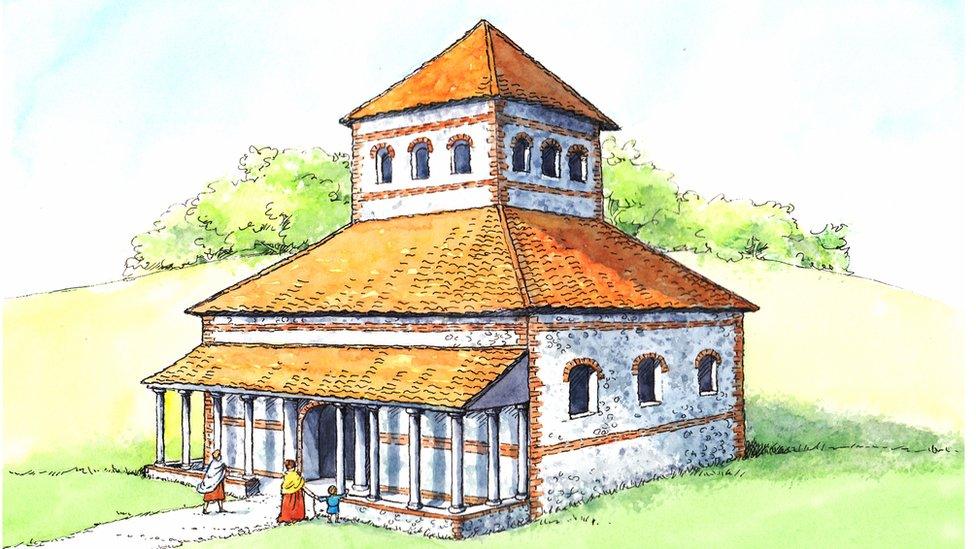
- Published1 October 2018
